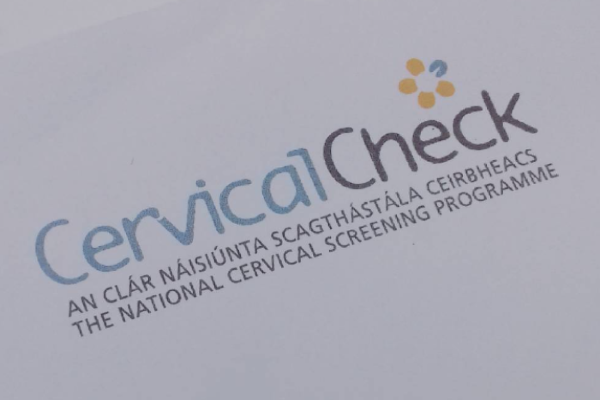The lead investigator into the CervicalCheck scandal has hit out at the HSE for banning patients from questioning their own standard of care.
Dr Gabriel Scally spoke on RTÉ Radio One’s Morning Ireland programme earlier today, and highlighted how dissatisfied he is with the current restrictions being imposed on women affected by cervical cancer.
“I think Ireland must be a rare, if not the only country in the world, where there's a ban in legislation, in the 2004 Health Act, on people complaining about the clinical care,” he stated.
Dr Scally noted that he is desperate to see the “ridiculous prohibition” removed, and explained that he wants the impact of the CervicalCheck controversy to kickstart a profound change in the health system.
“If it's to do anything, it must aid this openness and honesty, and there must be a duty placed on all health professionals to tell people the truth when things go wrong,” he explained.
Dr Scally went on to set out some of the first-hand requests that he has heard from patients that he has been in contact with. “People want three things; they want to be told the truth, if something did go wrong, they would like an apology and someone to say sorry, who means it and who was part of the problem, but a genuine apology, not a letter from an administrator.”
“The third thing is, they want more than anything else to know that this is not going to happen to anyone else. That it's going to be put right and the system doesn't do these things at the moment,” he continued.
“The system channels people, if they need answers, through the legal system to the courts, and of course that's only the people that can afford it, and it doesn't deliver the truth,” Dr Scally criticised.
Hundreds of women, including the late Vicky Phelan, Irene Teap and Lynsey Bennett, have been affected by and lost their lives as a result of the CervicalCheck scandal, in which they were wrongly told that their smear test results were clear.
The 221+ group, which many of the affected women are members of, continue to advocate for an improvement to the cervical care system.










